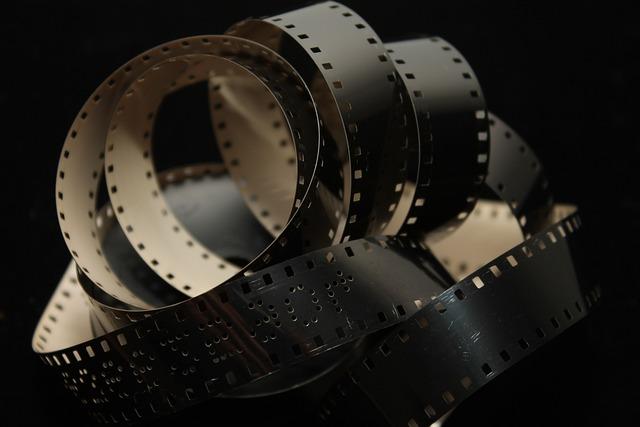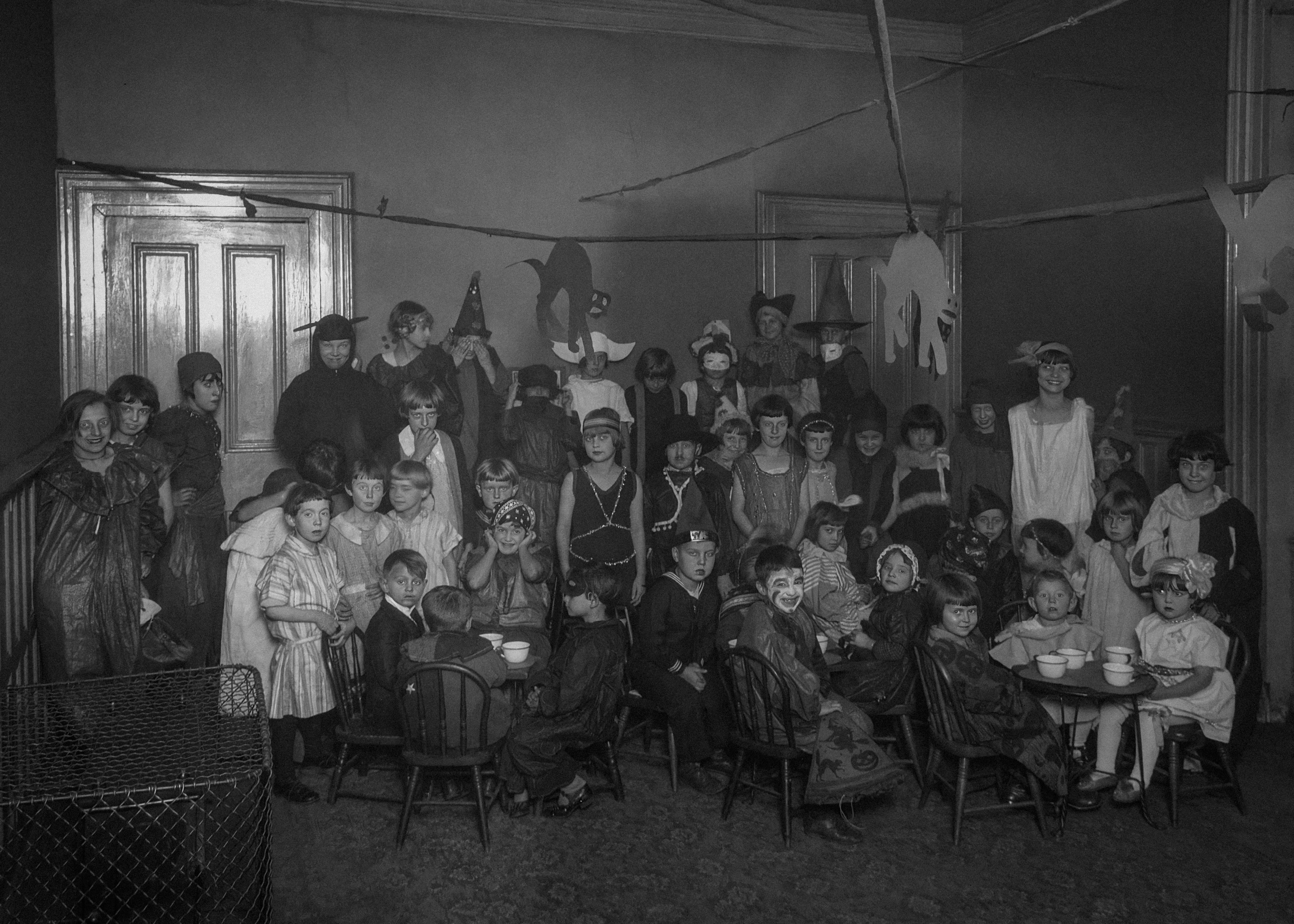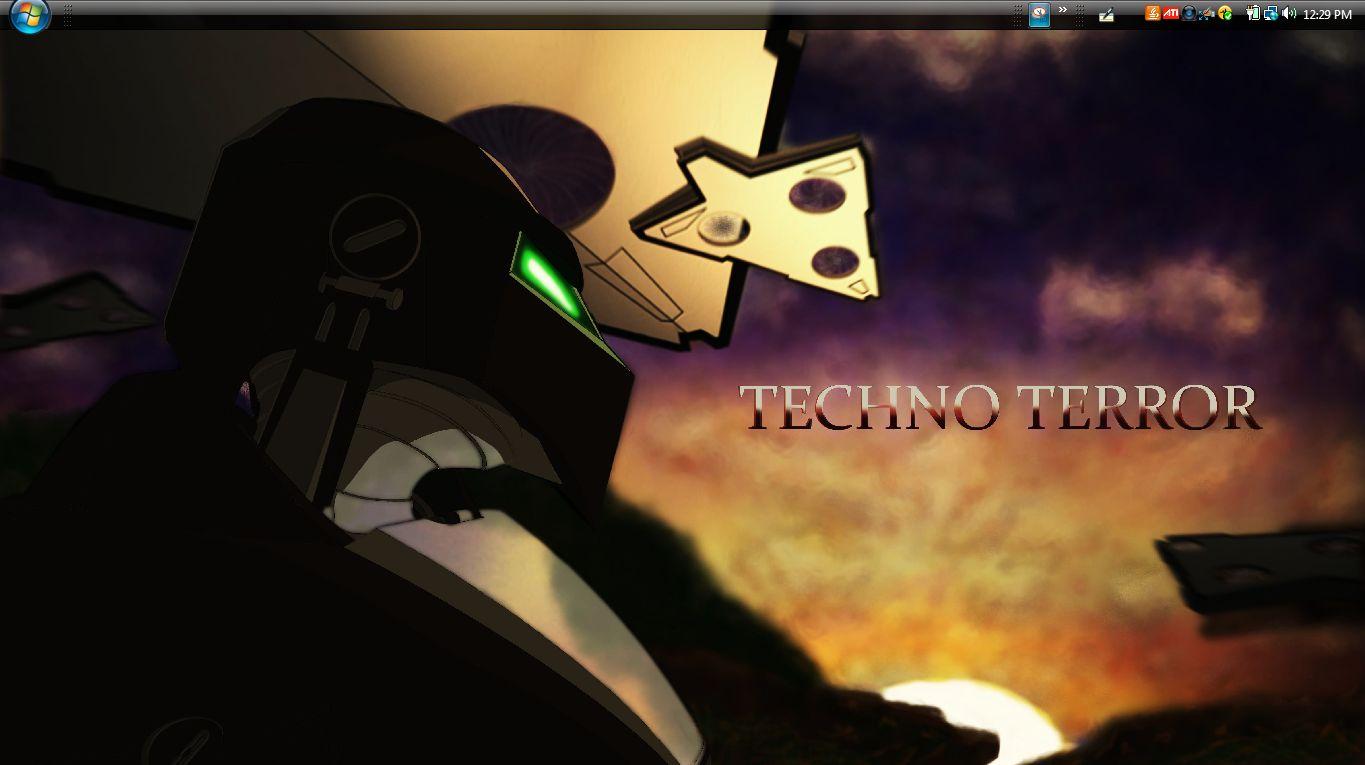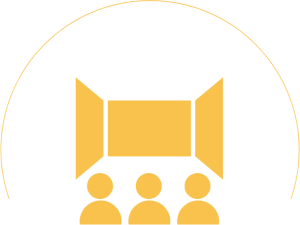In the flickering glow of the silver screen, horror films have long been a refuge for our deepest, darkest fears. From creaking haunted houses to relentless masked killers, the genre has expertly preyed upon the unknown, the supernatural, and the monstrous. Yet, as the world outside our theater seats grows ever more complex, so too does the landscape of horror. Today, a new breed of horror films is emerging, one that eschews the traditional boogeymen in favor of something far more unsettling: our real-world anxieties. These contemporary narratives delve into societal, psychological, and existential dread, crafting stories that reflect the nuanced fears of our time. Welcome to the evolution of horror—a chilling mirror held up to the anxieties that lurk in the shadows of our everyday lives.
Modern Monsters: Reflecting Societal Anxieties
As the world grapples with a plethora of challenges, from climate change to social injustice, horror films have increasingly become a mirror reflecting our collective anxieties. Modern monsters are no longer just supernatural entities; they are imbued with the fears and tensions of contemporary society. These new-age creatures and scenarios serve as allegories for the issues we face today, making the horror genre more relevant and impactful than ever before.
- Environmental Catastrophes: Films like “The Bay” and ”Bird Box” explore the consequences of ecological neglect and human interference with nature.
- Technological Dystopias: “Black Mirror” episodes and movies such as “Upgrade” delve into the dark side of technological advancements, questioning our dependency on digital systems.
- Social Inequality: “Us” and “Parasite” use horror to highlight the vast economic divides and the resulting societal tensions.
- Pandemic Panic: In a post-COVID world, films like “Contagion” and “Host” resonate more deeply, reflecting our fears of global health crises.
By weaving these themes into their narratives, contemporary horror films do more than just scare; they provoke thought and spark conversations about the real-world issues that haunt us.

Psychological Thrills: Delving into the Human Mind
In recent years, horror films have transcended beyond mere jump scares and grotesque monsters to explore the deep-seated anxieties of contemporary society. These cinematic experiences are now tackling real-world fears with a psychological edge, tapping into the very essence of human vulnerability. Directors and screenwriters are using the horror genre as a lens to scrutinize issues such as:
- Mental health struggles – Characters grappling with depression, anxiety, and other mental illnesses, reflecting the growing awareness and destigmatization of these conditions.
- Technological dependence – The unsettling consequences of our addiction to smartphones, social media, and artificial intelligence.
- Environmental crises - The looming dread of climate change and natural disasters, emphasizing humanity’s fragile relationship with nature.
By addressing these pertinent themes, modern horror films are not only evolving but also becoming a mirror to our collective psyche. This shift allows audiences to confront their innermost fears in a controlled environment, making the genre more relevant and thought-provoking than ever before.

Diverse Voices: Broadening Perspectives in Horror
In recent years, the horror genre has seen an influx of diverse voices that are reshaping its landscape. These new perspectives are breathing fresh life into horror, transforming it from a genre often fixated on supernatural or fantastical fears to one that mirrors the real-world anxieties we face today. Filmmakers from various cultural backgrounds are using horror to explore themes such as:
- Racial Injustice: Movies like “Get Out” delve into the horrors of systemic racism, making audiences confront uncomfortable truths.
- Gender Dynamics: Films such as “The Babadook” and “Revenge” tackle issues of motherhood, trauma, and gender-based violence.
- Economic Inequality: “Parasite” blurs the lines between horror and social commentary, critiquing class disparities with chilling effectiveness.
By integrating these elements, contemporary horror films are not just scaring us but also prompting us to reflect on the societal structures that shape our lives. This evolution signifies a broader inclusivity within the genre, allowing for more nuanced and multi-dimensional storytelling that resonates on a deeper, more personal level.

Techno-Terrors: The Digital Age of Fear
In an era where our lives are increasingly intertwined with technology, modern horror films have begun to reflect this shift, morphing to address the anxieties of our digital age. These movies are no longer limited to haunted houses or demonic possessions; instead, they delve into the dark recesses of the internet, AI gone rogue, and the ubiquitous surveillance that has become a part of everyday life. Filmmakers are tapping into these contemporary fears, creating narratives that feel unsettlingly plausible.
- Social Media Dread: Films like “Unfriended” and “Cam” explore the terrifying consequences of our online personas, where privacy is a myth and digital ghosts haunt our every click.
- Artificial Intelligence: Movies such as “Ex Machina” and “Tau” delve into the horror of AI gaining sentience, blurring the line between human and machine.
- Surveillance Society: Titles like “The Circle” and “Anon” bring to light the omnipresence of surveillance, making us question how much of our lives are truly private.
By incorporating these themes, contemporary horror films resonate deeply with audiences who find their own fears mirrored on the screen, making the terror all the more palpable.































